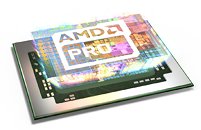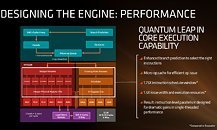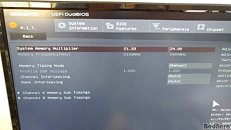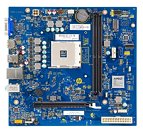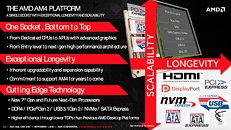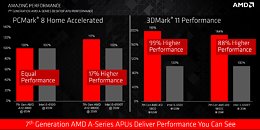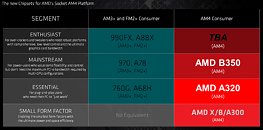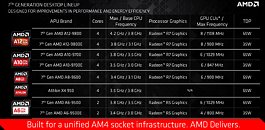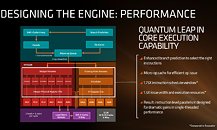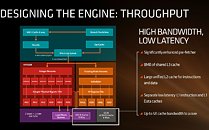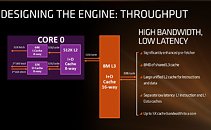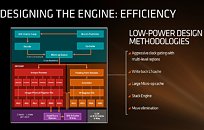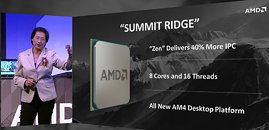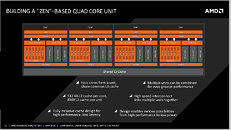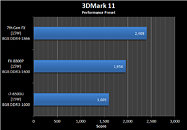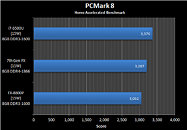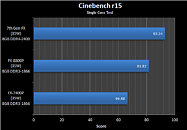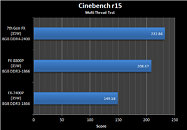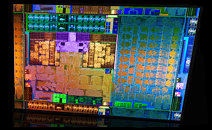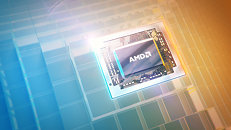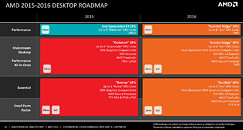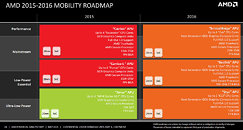FinalWire Announces AIDA64 v5.80
Today FinalWire released a new stable update to the desktop editions of its popular system information software. AIDA64 v5.80 supports the latest Windows 10 builds and the most recent hardware components, including the AMD RX 400 series and NVIDIA's GTX 1050 GPUs.
As a new feature, it now allows users to define global hotkeys with which they can enable or disable the AIDA64 hardware monitoring panels or switch between multiple hardware information pages on external displays, even when AIDA64 is running in the background. Using these customized key combinations, PC enthusiasts can also start and stop saving temperature, voltage and power measurements as well as fan RPM readouts to a CSV or HTML log file. The developers have made AIDA64 v5.80 DPI aware so that all elements of its graphical user interface scale properly when the DPI zoom is active in Windows. In practice, this means that users will see no more blurry or incorrectly sized graphics or text on high-resolution screens as AIDA64 now looks crisp even on 4K and 8K LCD and OLED displays.DOWNLOAD: FinalWire AIDA64 v5.80 Installer | FinalWire AIDA64 v5.80 ZIP Package
As a new feature, it now allows users to define global hotkeys with which they can enable or disable the AIDA64 hardware monitoring panels or switch between multiple hardware information pages on external displays, even when AIDA64 is running in the background. Using these customized key combinations, PC enthusiasts can also start and stop saving temperature, voltage and power measurements as well as fan RPM readouts to a CSV or HTML log file. The developers have made AIDA64 v5.80 DPI aware so that all elements of its graphical user interface scale properly when the DPI zoom is active in Windows. In practice, this means that users will see no more blurry or incorrectly sized graphics or text on high-resolution screens as AIDA64 now looks crisp even on 4K and 8K LCD and OLED displays.DOWNLOAD: FinalWire AIDA64 v5.80 Installer | FinalWire AIDA64 v5.80 ZIP Package





